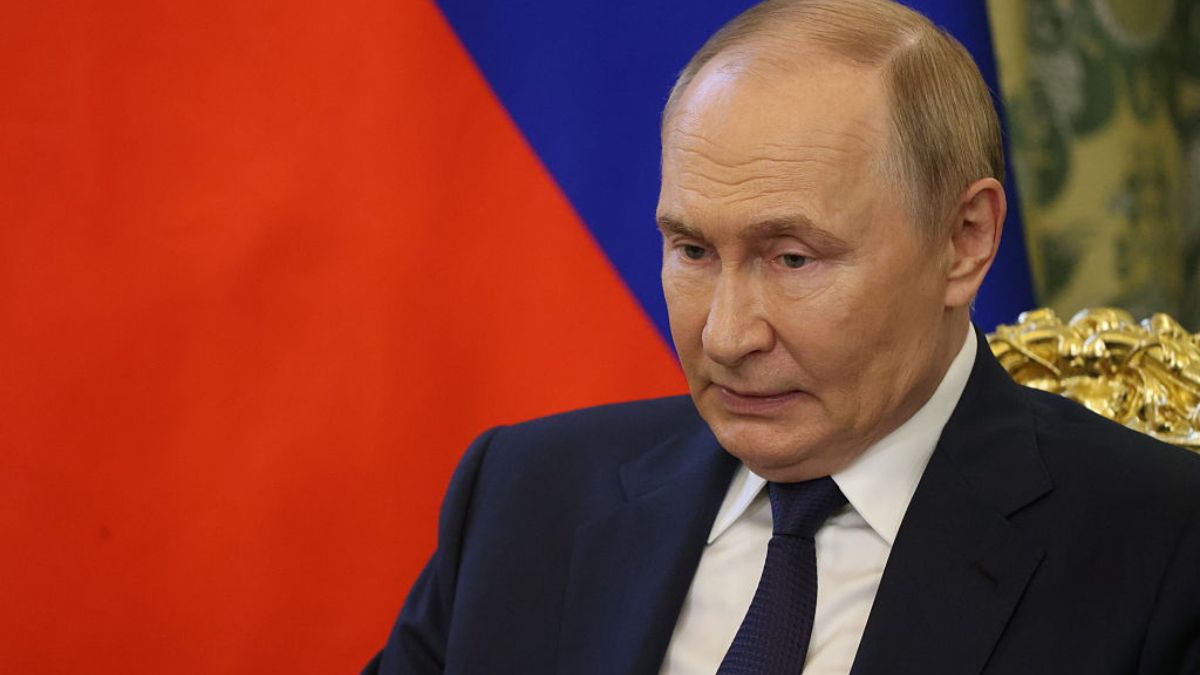
Russia is facing mounting economic pressure as food prices continue to surge during its ongoing war in Ukraine. The Kremlin is now reportedly considering price controls on essential food items, including vegetables, poultry, and dairy products, starting from March next year. This move has prompted warnings from economists who fear the country could experience Soviet-era-style shortages and economic collapse.
According to Daily Express, food prices have risen dramatically across Russia, with bread prices jumping 15% to 17% annually according to July figures. The country’s overall inflation rate has reached nearly 9.5% for the year as the government continues to spend heavily on its military campaign in Ukraine. The economic strain has led to discussions about implementing price regulations that would affect between 80% to 90% of food production, requiring sales at fixed prices or within government-approved price ranges.
Economic experts warn that such price controls could backfire severely. Igor Lipsits, a Russian-born economist, cautioned that “price regulation doesn’t fix this, it only pushes the crisis deeper into the system.” He explained that fundamental supply and demand imbalances remain unresolved, and without proper government subsidies, food producers could face bankruptcy, leading to production collapse and an escalated food crisis.
Russia shifts toward Soviet-style economic planning
The proposed regulations represent a significant shift toward centralized economic control reminiscent of Soviet-era policies. Lipsits observed that Russia is moving toward “a fully planned, command-style system, with all its usual flaws, constant food shortages, long queues, and everything else that comes with it.” This transformation has raised concerns among economists about the effectiveness of such measures in addressing underlying economic problems.
The Russian economy is in meltdown with food shortages coming
— Prof Chris Elliott OBE (@QUBFoodProf) August 6, 2025
Did you know food crises played major roles in triggering revolutions in 1905 & 1917 in Russia? https://t.co/Vm7ItCG0i9 pic.twitter.com/cOpLFsvF1c
Oleksandr Talavera, a professor of financial economics at the University of Birmingham, drew direct comparisons to Soviet-era shortages. He warned that shortages could emerge “even in the short term,” similar to supply chain issues that have plagued other consumer goods globally,” and noted historical patterns where state price regulation led to product disappearance from markets. Talavera recalled that during the Soviet Union, “demand exceeded supply, and everything was controlled by the state.”
The economic challenges have significant political implications for President Vladimir Putin’s administration, known for its theatrical displays of power. A June poll by the independent Russian pollster Levada Center found that almost 60% of Russians identified rising prices as their primary concern.
Maria Snegovaya from the Center for Strategic and International Studies described this issue as “highly sensitive” for Putin and the Kremlin, as it “undermines their ability to keep pretending that everything is fine and nothing is happening.” Recent reports indicated that pork prices alone rose 7% in June, highlighting the severity of the inflationary pressure facing Russian consumers as the country grapples with the economic consequences of its military actions in Ukraine.







